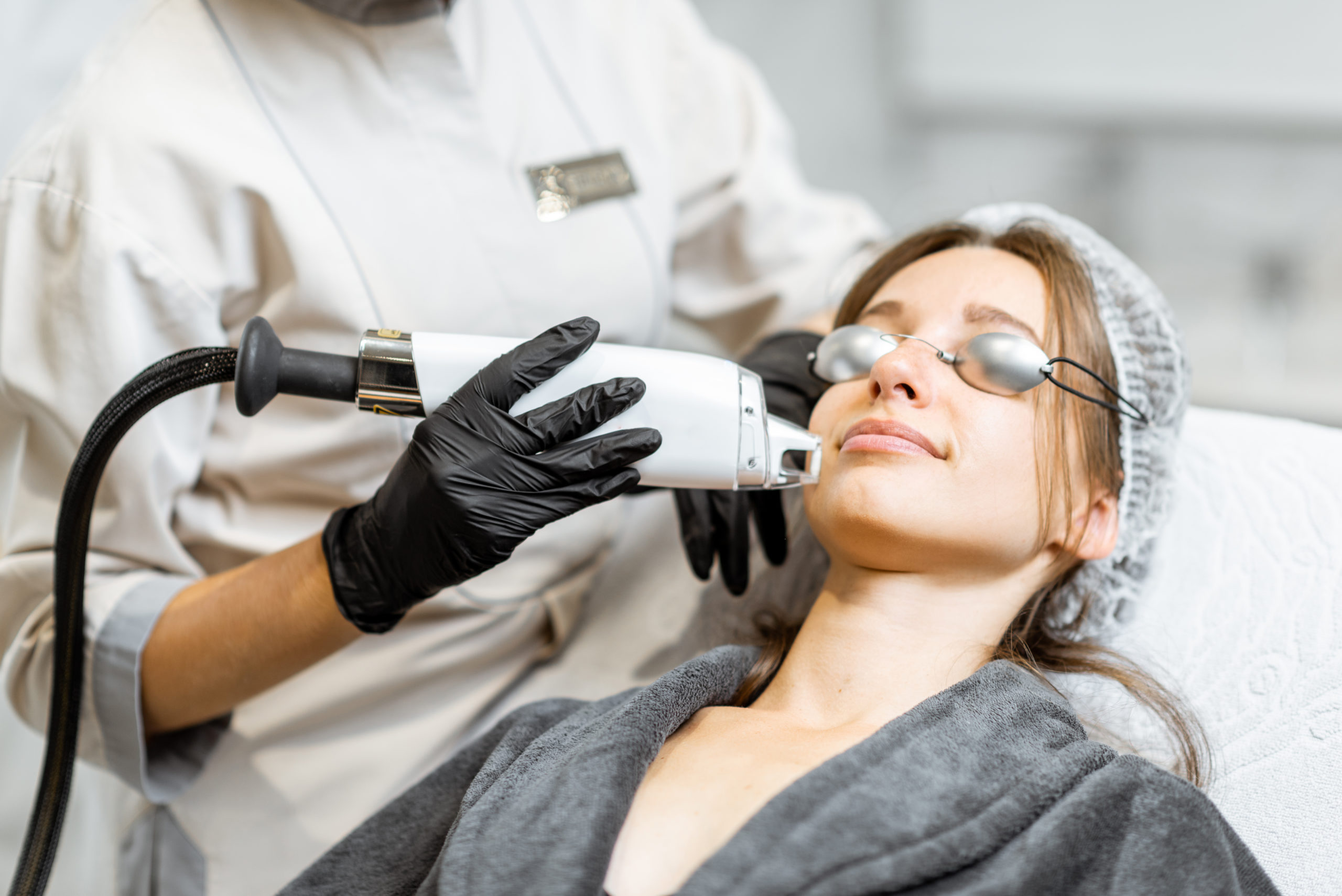Rehabilitation, or rehab for short, can be an extremely beneficial tool in the fight against addiction. It can provide the structure and support they need to get and stay clean, and it can offer a safe environment where people can learn how to recover when dealing with substance abuse. However, many people don’t know enough about rehab or find the prospect of getting professional assistance to be overwhelming or intimidating. Educating yourself so you’re prepared for the experience can be extremely beneficial so you can get the most out of your treatment program. If you’re in need of advice, keep reading for a basic guide on what to expect when you go to rehab.
What should you expect when you go to rehab?

When you decide to seek treatment for substance abuse or addiction in a reputable and high-quality rehab facility, like Reflections Rehab, it is natural to have some expectations. These facilities are designed to provide a higher level of care and amenities beyond what would be available to you at home. You can expect to receive individualized attention and care from highly trained and experienced therapists who will work with you to address your unique needs. You want to find a program that addresses not just the physical aspects of addiction, but also the psychological factors that contribute to substance abuse.
A typical day in rehab starts with a morning meeting where patients come together to discuss their progress. Patients then attend various therapy sessions throughout the day, such as individual counseling, group therapy, and other activities catered to helping them learn new coping skills. Throughout these activities and meetings, patients have access to professional advice from doctors and nurses who can provide valuable insight into how best to manage their addiction or mental health symptoms. Depending on the facility’s resources there may also be additional activities available such as yoga classes or art therapy.
Establishing goals and objectives for your recovery is a key step for both the individual in treatment and the team of professionals guiding them. Goals can range from short-term objectives such as completing detoxification to longer-term goals such as maintaining your sobriety. These objectives should be realistic and achievable so that progress can be monitored throughout the course of rehab.
How can you stay sober after your treatment program?

Maintaining sobriety after completing rehab can be a challenging task, but it is a crucial step in ensuring that you lead a healthy and fulfilling life. The first and most crucial is to develop a support system that will help you stay accountable and motivated. This can include family members, friends, support groups, or a sponsor who understands your struggles and can offer you guidance and encouragement. This can also involve seeing a therapist on a regular basis so that you can continue to address the underlying causes of substance abuse.
Another crucial aspect of maintaining sobriety is to avoid triggering situations and people that can trigger a relapse. This may require some lifestyle changes, such as avoiding certain social situations or people who are still drinking or using drugs. You need to make it a priority to establish healthy routines and habits, such as exercising regularly, eating a balanced diet, and getting adequate sleep. These healthy habits can enable you to better cope with stress and anxiety and reduce or eliminate many of your cravings for drugs or alcohol.
Overall, rehab provides an invaluable opportunity to create a healthier and more fulfilling life. It is a process that can help individuals gain insight into their addiction, learn how to develop healthier coping strategies and reconnect with their families and communities. By attending rehab, individuals can gain the tools and support they need to make meaningful changes in their lives and maintain sobriety long-term. Even after rehab, you need to work hard to stick to a healthy lifestyle. By following the tips in this article, you can get yourself on the road to recovery.



